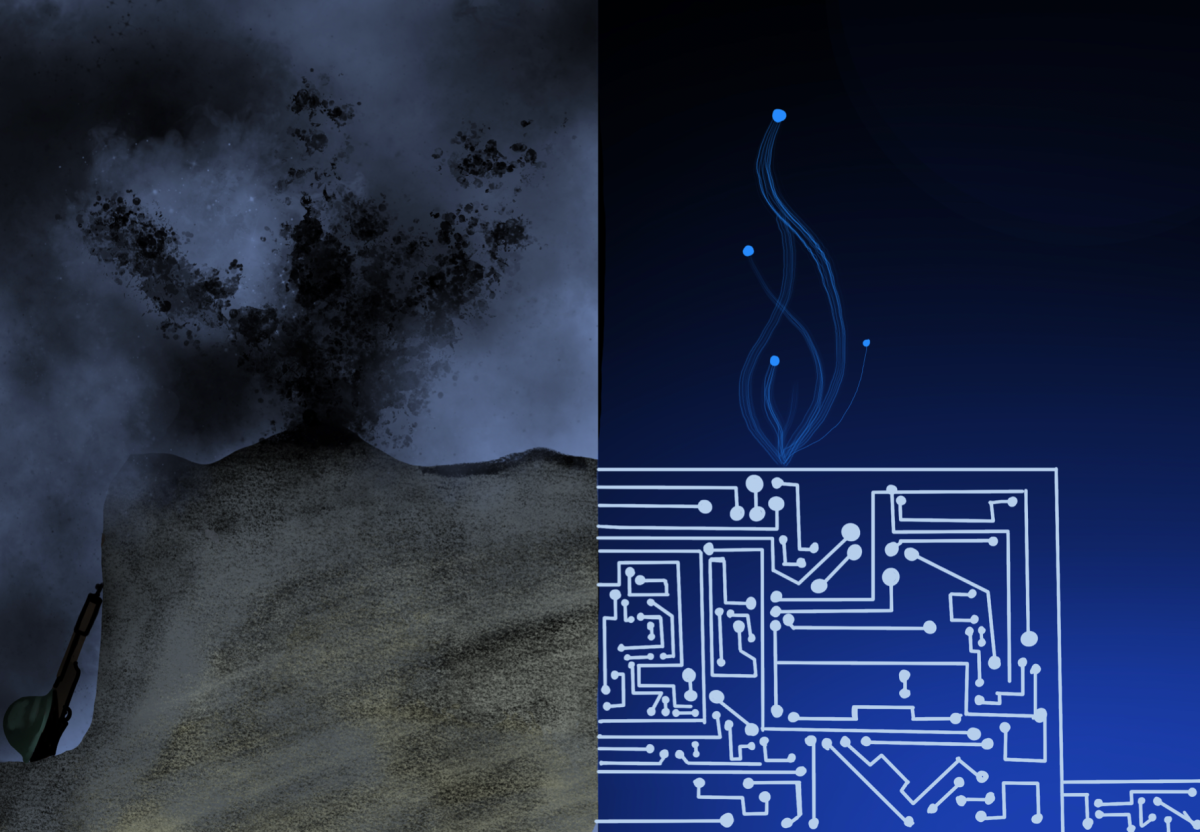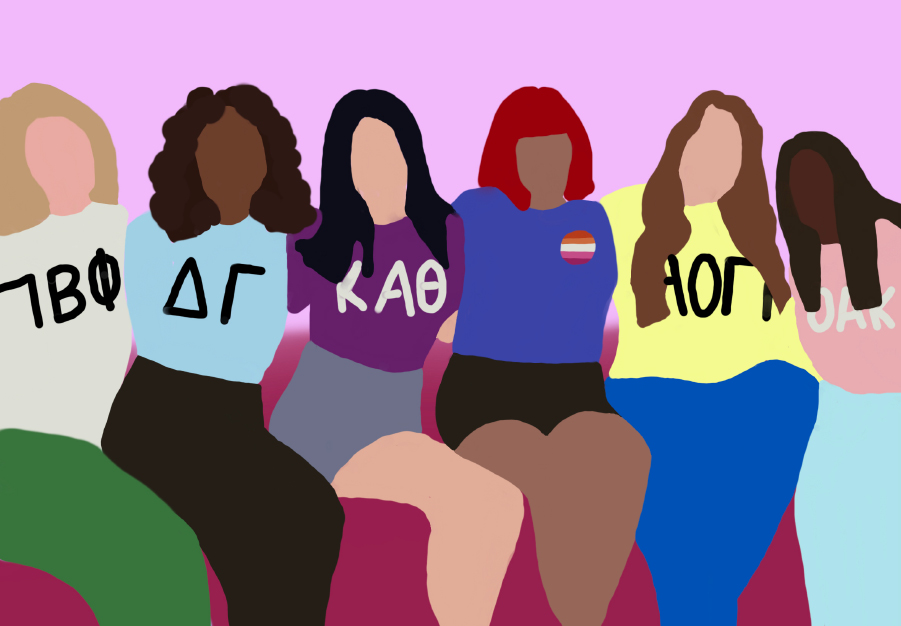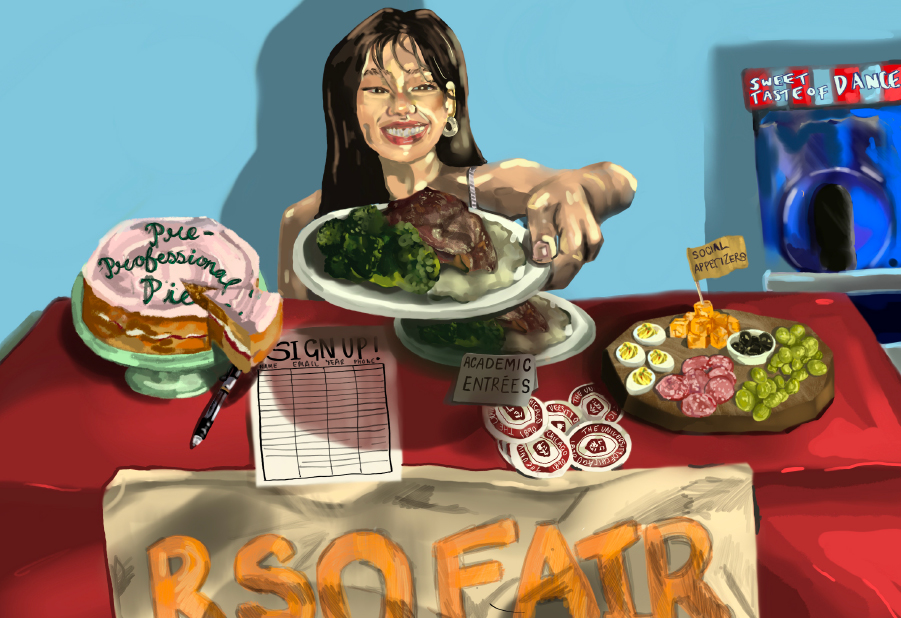For me, and I think for many other people at UChicago, the 2008 election seemed to be a turning point in American history. With Barack Obama in office, the first black man to ever reach that rarefied political pedestal, I could feel a palpable buzz in the air around me, even though I was only about nine years old at the time. There was hope that we were entering a post-racial America, hope that we could finally move past our legacy of slavery and segregation and racial oppression, and finally begin to view each other as worthy, complete, and equal.
I still remember the crowds of people that spilled out into the streets on Broadway and Pike in downtown Seattle that night. I can remember the look on my fourth-grade teacher’s face the morning after the election, surveying the classroom, full of idealistic light.
But nearly a decade removed from that fateful, hopeful day in 2008, the myth of a post-racial America has been fractured, broken and beaten to a pulp. The slaying of Travyon Martin in Florida and the subsequent Black Lives Matter movement punctured a hole in our national delusions. And the election of Donald Trump, whose campaign played strongly into racial fears and whose public record is littered with instances of racial discrimination, hammered in the final nail. As Ta-Nehisi Coates so succinctly noted in a 2015 issue of The Atlantic, “There is No Post-Racial America.” And perhaps there never will be.
It seems to me that racism is still very much alive today, not in the same way as it was in the 1800s or in the 1950s and ’60s, but in a quieter, subtler, perhaps more insidious way. Racism now operates furtively—hidden away in subconscious biases and knee-jerk assumptions, leaking out through the corners of human interaction, erupting sometimes in a burst of gunfire.
Honestly, I think the questions that bother me the most are: How and why? How did we go from heavenly visions of a post-racial future to the brutal reality of a still-racist, still-divided America? Why does it seem like we’re going backward? And what can we do to keep moving forward?
Recently, I stumbled upon a 2014 OkCupid blog post on race and attraction that compared data from 2009 to 2014, looking at how men and women in four broad racial categories (Asian, black, Latino/Latina, white) rated each other. The study is limited in that it looks solely at heterosexual ratings and matches, but the broad results are clear: Black people and Asian men generally get fewer matches, and the addition of whiteness (adding “white” to your racial description) increases ratings. Also, about 10 percent fewer people admit to having a racial bias in 2014 than in 2009, but overall, their actual ratings and decisions have remained the same, if not even more pronounced.
The last two results are especially interesting, and to me, have broader implications, especially regarding contemporary racism. While racial bias in dating doesn’t necessarily correspond directly to racial bias in other interactions, I do think it offers a quick and illuminating look into the world of gut reactions and subconscious conceptions of worthiness that racism often seems to exist in today.
According to the OkCupid results, whiteness still has remarkable currency despite the fact that people believe they hold less racial bias. And I think that this is at the root of at least some part of contemporary racism, especially among the white folk that proclaim themselves liberals. There is an exaggerated sense of self-congratulation, a hypocritical belief in their racial progressiveness, while all along they continue to hold views and act in ways that support white supremacist power structures. It also points to the performativity of our actions and our activism—a disconnect between the beliefs we say we hold and the beliefs we actually act on.
This is the kind of hypocrisy that the 2017 movie Get Out explored and exposed through its unique brand of horror. This is the kind of hypocrisy that I feel is often prevalent among more liberal American communities, where racism is assumed to be firmly in our past. And this is the kind of hypocrisy that keeps racism alive in places where it is supposedly despised.
So, for those of us that care about equality and justice, the message is clear: We’re not as tolerant, as unbiased, and as accepting as we think we are. For the white folk among us, especially those who claim that they’re “not racist” and list off their nonwhite friends as proof, who voted for Obama, who look down on those faceless masses who brought Trump to power: You’re not as good as you think.
There’s a deep vein of racism that runs through the heart of this country, and it still exists, not just in the Deep South or the Midwest, but sometimes right under our very noses, sometimes even inside of ourselves. Ultimately, there’s not much we can do about the thoughts and ideas of others, but for those that do care, especially the white allies and white liberals among us, you have to do your part. You have to be willing to listen without getting defensive, and most importantly, willing to change. You have to be willing to look within yourself, either on your own or with the help of others, and try to reconcile, as much as you can, the beliefs you claim to hold and the beliefs you truly hold. Because racism isn’t dead, and we, too, are part of the problem. But we can also be part of the solution.
Lucas Du is a first year in the College.








